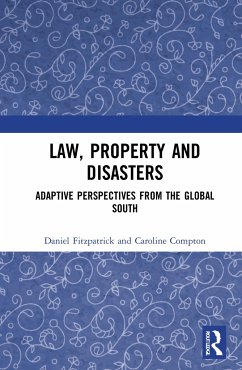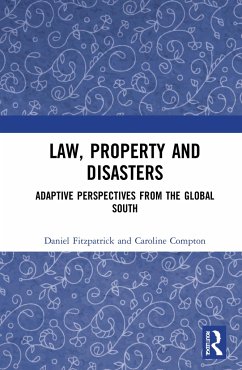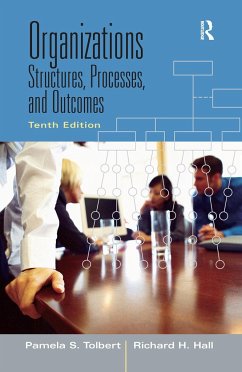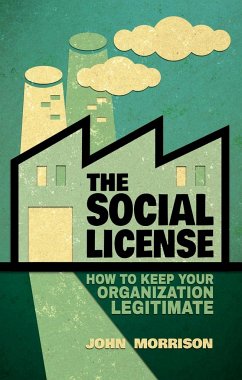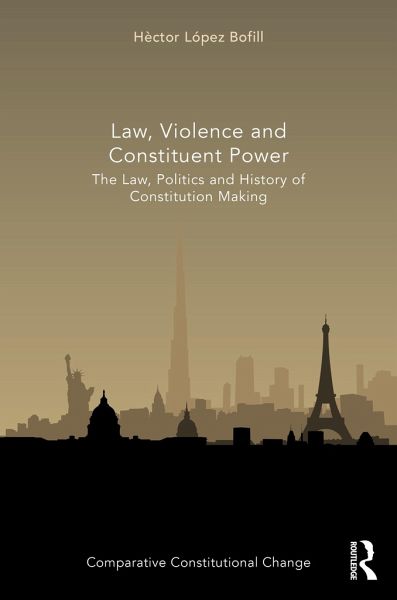
Law, Violence and Constituent Power
The Law, Politics And History Of Constitution Making
Versandkostenfrei!
Versandfertig in 1-2 Wochen
168,99 €
inkl. MwSt.
Weitere Ausgaben:

PAYBACK Punkte
84 °P sammeln!
This book challenges traditional theories of constitution-making to advance an alternative view of constitutions as being founded on power which rests on violence. The work argues that rather than the idea of a constitution being the result of political participation and deliberation, all power instead is based on violence. Hence the creation of a constitution is actually an act of coercion, where, through violence, one social group is able to impose itself over others. The book advocates that the presence of violence be used as an assessment of whether genuine constitutional transformation ha...
This book challenges traditional theories of constitution-making to advance an alternative view of constitutions as being founded on power which rests on violence. The work argues that rather than the idea of a constitution being the result of political participation and deliberation, all power instead is based on violence. Hence the creation of a constitution is actually an act of coercion, where, through violence, one social group is able to impose itself over others. The book advocates that the presence of violence be used as an assessment of whether genuine constitutional transformation has taken place, and that the legitimacy of a constitutional order should be dependent upon the absence of killing. The book will be essential reading for academics and researchers working in the areas of constitutional law and politics, legal and political theory, and constitutional history.




